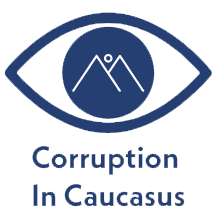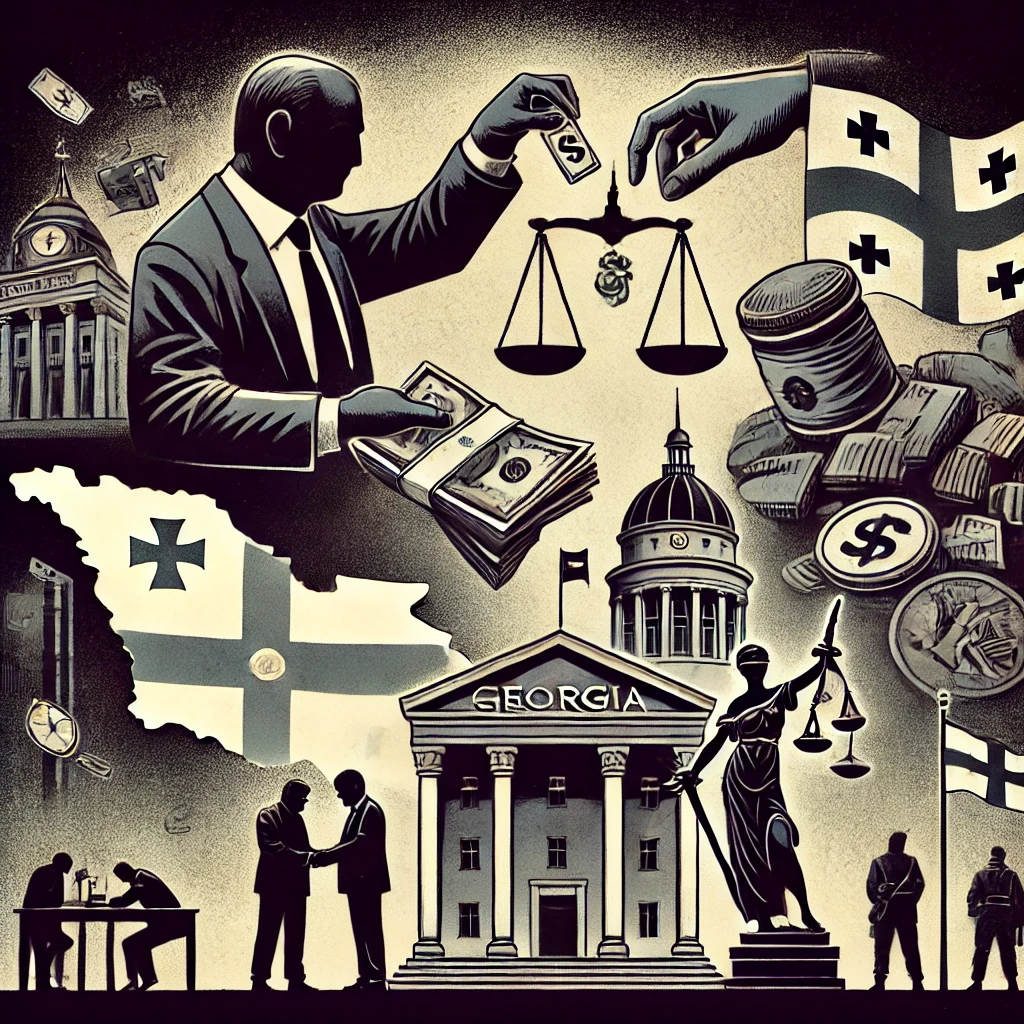The Caucasus region, comprising Armenia, Georgia, and Azerbaijan, faces significant challenges related to corruption, as highlighted by Transparency International’s 2023 Corruption Perceptions Index (CPI). The region struggles with dysfunctional rule of law, rising authoritarianism, and systemic corruption, which have undermined efforts to promote transparency and accountability.
Armenia
Armenia has made some progress in anti-corruption efforts, especially after the 2018 Velvet Revolution. However, the implementation of new measures has been limited, stalling further advancement. The country faces ongoing security threats, but there remains potential to strengthen anti-corruption frameworks through consistent enforcement of strong policies.
Georgia
Georgia’s corruption issues are deep-rooted, with the concentration of power and the pervasive influence of elites on state institutions and decision-making processes. Despite initial reforms and the establishment of an anti-corruption agency, the agency’s lack of independence and investigative powers has hindered significant progress. The return of Bidzina Ivanishvili to active politics has further complicated the corruption landscape, turning Georgia into a kleptocracy and obstructing its path to EU integration.
Azerbaijan
Azerbaijan ranks among the lowest in the region on the CPI, with a score of 23. Authoritarian control over state institutions and the judiciary has entrenched corruption, allowing ruling elites to maintain power and evade accountability. The systemic governance deficits and lack of independent oversight have led to widespread corruption, eroding public trust and civic rights.
Conclusion
The Caucasus region faces considerable corruption challenges, with weak justice systems and authoritarian tendencies enabling corrupt practices. For meaningful change, Armenia, Georgia, and Azerbaijan need to strengthen the rule of law, ensure judicial independence, and enforce anti-corruption measures effectively. Addressing these issues is crucial for improving governance, fostering economic growth, and enhancing international relations.

